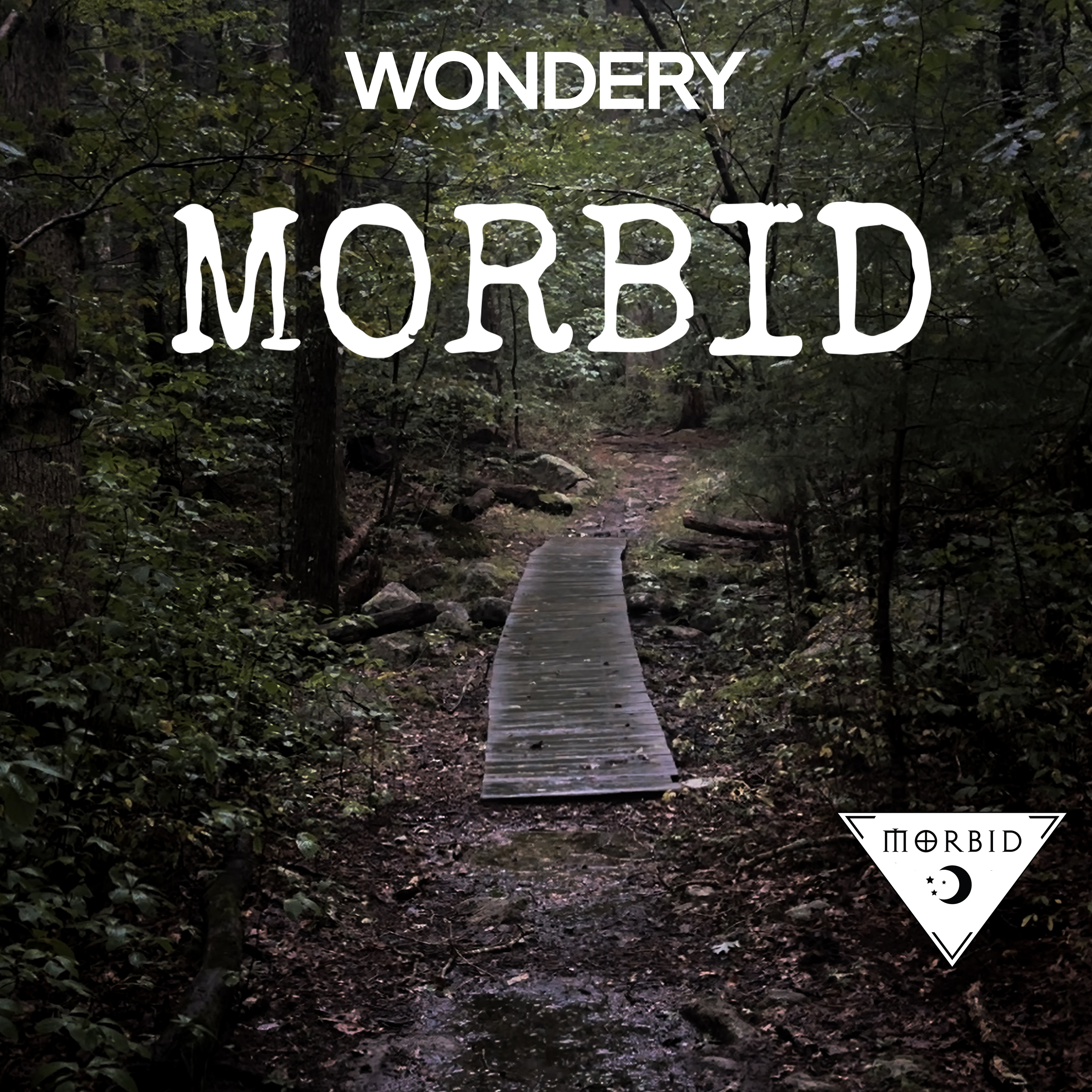Afgespeeld
-
In the early morning hours of June 27, 1977, the bodies of millionaire Elisabeth Congdon and her nurse, Velma Pietila, were discovered murdered in Congdon’s 22-acre estate in Duluth, Minnesota. From the outset, local police were baffled as to the motive for the murders; Congdon was well liked in the community, and as far as anyone could tell, nothing significant seemed to be missing from the house.
In time, detectives learned that Elisabeth’s daughter Marjorie Caldwell had a long history of financial problems and debt, had been institutionalized several times for antisocial behavior, and had recently been trying to get money from Elisabeth to buy a new home. Based on the evidence collected in the investigation, Marjorie and her husband Roger were arrested; however, at trial Marjorie was acquitted and Roger’s conviction was overturned by the supreme court five years later, so no one was ever truly held responsible for Congdon and Pietila’s murders.
In the decades since, the murders of Elisabeth Congdon and Velma Pietila have faded into the background of Minnesota history—another tragic end to one of America’s twentieth-century aristocratic families. Yet, while Congdon and her nurse may be long gone, the memory and legacy of the Congdon murders remains a significant curiosity, especially to those who tour Glensheen, the 39-room mansion where Elisabeth Congdon lived her entire life, before it was brought to a shocking end allegedly by her own daughter.
Thank you to the lovely David White, of Bring Me the Axe podcast, for research assistance :)
Sources:
Feichtinger, Gail. 2002. Will to Murder: The True Story Behind the Crimes and Trials Surrounding the Glensheen Killings. Duluth, MN: X-Communication Press.
Johnson, Steve. 1977. "Killer reportedly stole Congdon gems." Minneapolis Star, June 30: 1.
Johnson, Steve, and Walter Middlebrook. 1977. "Caldwell faces murder charges." Minneapolis Star, July 8: 1.
Johnson, Steven. 1977. "Duluth nurse changed mind, missed murders." Minneapolis Star, June 28: 1.
Kimball, Joe. 1978. "Brainerd picked as Caldwell trial site." Star Tribune, March 31: 1.
—. 1978. "Caldwell defense challenges attorney." Star Tribune, May 25: 1.
—. 1988. "Despair caught up with Roger Caldwell." Star Tribune, May 20: 1.
—. 1978. "Jury finds Caldwell guilty of 2 murders." Star Tribune, July 9: 1.
—. 1978. "Marjorie Caldwell indicted in deaths." Star Tribune, August 19: 1.
—. 2007. "Marjorie's out." Star Tribune, June 15: B3.
—. 1978. "Money called Caldwell motive in killings." Star Tribune, May 10: 18.
Kimball, Joe, and Peg Meier. 1977. "Duluth dowager was 'regal, lonely woman'." Star Tribune, June 29: 1.
Meier, Peg, and Joe Kimball. 1977. "Duluth woman, nurse slain." Star Tribune, June 28: 1.
—. 1979. "Marjorie Caldwell acquitted of murders." Star Tribune, July 22: 1.
Meier, Peg, Joe Kimball, and Neal Gendler. 1977. "Son-in-law investigated in Duluth slayings." Star Tribune, July 6: 1.
Meir, Peg. 1979. "Prosecutor: Caldwell had mother killed to get money." Star Tribune, April 27: 1.
Middlebrook, Walter. 1977. "Mrs. Caldwell's claim of attack doubted." Minneapolis Star, August 11: 1.
Peterson, David. 1979. "Another year, same Caldwell defense." Minneapolis Star, June 28: 20.
—. 1978. "Congdon murder trial goes to jury." Minneapolis Star, July 06: 1.
—. 1978. "Defense focuses on Caldwell kin." Minneapolis Star, May 29: 1.
State of Minnesota vs. Marjorie C. Hagen. 1985. CX-84-340 (Court of Appeals of Minnesota, January 22).
Stone, Doug. 1978. "Supreme court releases data on Marjorie Caldwell." Star Tribune, July 26: 16.
See Privacy Policy at https://art19.com/privacy and California Privacy Notice at https://art19.com/privacy#do-not-sell-my-info.
-
As the Israeli-Palestinian conflict enters its darkest chapter in decades, both sides are evoking the same foundational moment in their past: the events of 1948.
David K. Shipler, a former Jerusalem bureau chief for The New York Times and the author of a Pulitzer Prize-winning book about the conflict, discusses the meaning and reality of what happened that year.
Guest: David K. Shipler, author of “Arab and Jew: Wounded Spirits in a Promised Land.”
Background reading:
Recent violence in an Israeli town carries bitter echoes of the past for Palestinians.From the archive: Israel declares independence on May 14, 1948.For more information on today’s episode, visit nytimes.com/thedaily. Transcripts of each episode will be made available by the next workday.
Unlock full access to New York Times podcasts and explore everything from politics to pop culture. Subscribe today at nytimes.com/podcasts or on Apple Podcasts and Spotify.


